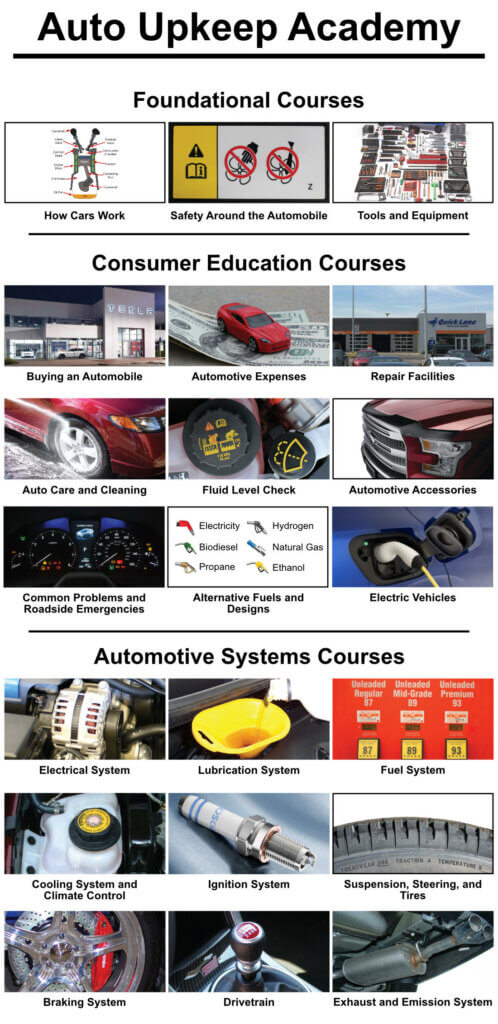Originally from Northern Minnesota (the Ice Box of the Nation, International Falls), I know how cold weather can cause havoc on automobiles. When the thermometer drops, electric cars do not perform as they do in “ideal” conditions. This is what Consumer Reports discovered on the Chevrolet Volt and Nissan Leaf. While both cars (the Chevy Volt is an extended-range electric while the Nissan Leaf is 100% electric) are filling a small niche for people that want to depend less on gasoline, they have their limitations…especially in cold weather. They report that the Leaf’s 100 mile range is lessened to 65 miles in cold weather and that the Chevy Volt has a difficult time heating up the passenger compartment in cold weather. So if you live in an area where the ice stays on the lake until May and are considering an electric vehicle, you may want to complete research on how adverse temperatures will impact your driving.
I decided to do a Live Chat with Nissan and Chevrolet to find out what they think about cold weather and electric range reduction. Below are the chat transcripts:
—
Nissan
Jesse: Thank you for contacting Nissan LEAF Customer Support, my name is Jesse. How may I help you today Mike?
Mike: Hi Jesse, Can you tell me how the Nissan Leaf’s range is impacted by cold weather?
Jesse: There isn’t anything that has a definitive answer since there will be SO many more variables in that. We have introduced a Cold Weather Package for the LEAF that does include a battery heater (as well as other heated features) to keep it at a comfortable temperature.
Mike: So there is no data on the miles being reduced from the 100 mile range in below freezing temperatures?
Jesse: No there is not. If anything does become available, it will be on the Nissan LEAF webpage.
Mike: Thanks.
—
Chevrolet
Cassie: Hi! How may I help you?
Mike: Hi Cassie, Can you tell me how the Chevy Volt’s electric only range is impacted by cold weather?
Cassie: Thanks for your question! Please allow me a few moments to locate some information for you.
Cassie: Temperature is a factor, because, electric vehicles are less efficient in extremely hot or cold conditions. This is a function of the battery storage capability and also a result of greater use of air conditioning or heat in those extreme conditions. Be aware that over time, all batteries lose storage capacity, which will affect range. In cold temperatures (around 25 degrees Fahrenheit and lower) the engine will start to help warm the interior cabin and the electric drive unit. This will occur even if the vehicle was plugged in prior to driving and if the driver has the heater turned off. The vehicle will turn the engine on and off as needed to control the temperature. The driver will be alerted of these changes based on the cluster changing displays from EV mode to extended range mode.
Mike: Thanks Cassie…So there is no data on the specific number of miles being reduced from the 35 mile range in below freezing temperatures?
Cassie: Unfortunately, I do not have specific information on this in my resources.
Mike: Thanks for your time.
Cassie: You’re welcome. Do you have any other questions that I may assist you with today?
Mike: No thanks.
—
Check out the Consumer Reports video:
Testing electric cars at Consumer Reports test track
About the Blogger:
Michael Gray is co-author of Auto Upkeep – a basic car care curriculum used by over 500 schools and thousands of homeschoolers in the United States and Canada. You can become a “Fan” of Auto Upkeep at Facebook.com/AutoUpkeep.




